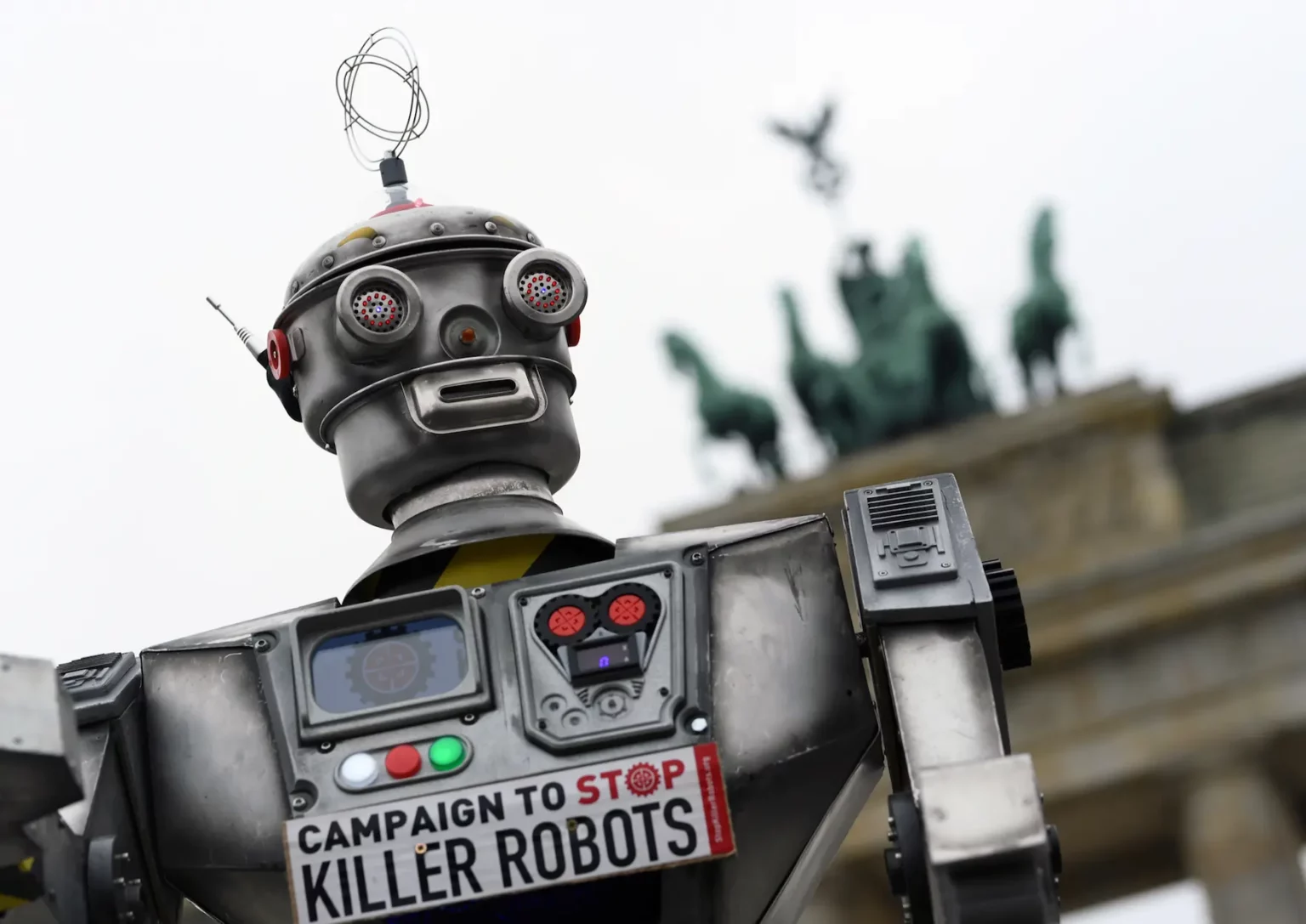This week, the United Nations issued a joint call for urgent new international regulations to save humanity from the possible “terrible consequences” of autonomous weapons, killer robots.
Antonio Guterres, UN secretary general, and Mirjana Spoljaric, president of the International Committee of the Red Cross, said on Thursday getting to holds with so-called killer robots was an international “humanitarian priority”.
They called on states to set specific bans and restrictions on autonomous weapon systems by 2026, “to protect present and future generations from the effects of their use”.
They said, “In the current security landscape, setting clear international red lines will benefit all states.”
They added that autonomous weapon systems — generally comprehended as weapon systems that select targets and lay force without human intervention — “pose serious humanitarian, legal, ethical, and security concerns.”
Guterres and Spoljaric said their growth and expansion had the potential to transform the way wars are combated and thereby fuel global instability.
They explained, “By creating a perception of reduced risk to military forces and to civilians, they may lower the threshold for engaging in conflicts — inadvertently escalating violence.”
“We must act now to preserve human control over the use of force.
Human control must be handled in life-and-death decisions. The autonomous targeting of humans by machines is a moral line that we must not cross.
“Machines with the power and discretion to take lives without human involvement should be prohibited by international law.”




